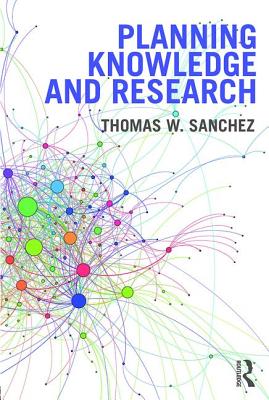The field of urban planning is far reaching in breadth and depth. This is due to the complex nature of cities, regions, and development processes. The knowledge domain of planning includes social, economic, technological, environmental, and political systems that continue to evolve and expand rapidly. Understanding these systems requires extensive inter-disciplinary knowledge at the scale of several academic fields, not generally integrated within the literature. The debate about the wide range of topics considered by planning educators and practitioners are often based on varying definitions of "planning" and modes of planning practice. Definitions differ in how planning considers place and process as well as the objectives and intended outcomes of planning efforts. This can make planning appear to be diffuse and incoherent to those outside of the field.
Urban Planning Knowledge and Research discusses elements and contributions to urban planning research to illustrate the knowledge domain to show how seemingly disparate topics are actually interconnected through an urban planning lens. The objective is to show where planning scholarship has been and where it is and should be going in relation to the planning academy and profession. A primary question being answered by each contributing author is, "How do we better understand place and society through planning research?" This edited volume includes chapters contributed by a diverse range of planning scholars who consider the corpus of planning scholarship both historically and critically in their area of expertise. It is essential reading for students of planning research and planning theory from around the world.

 共
共 










